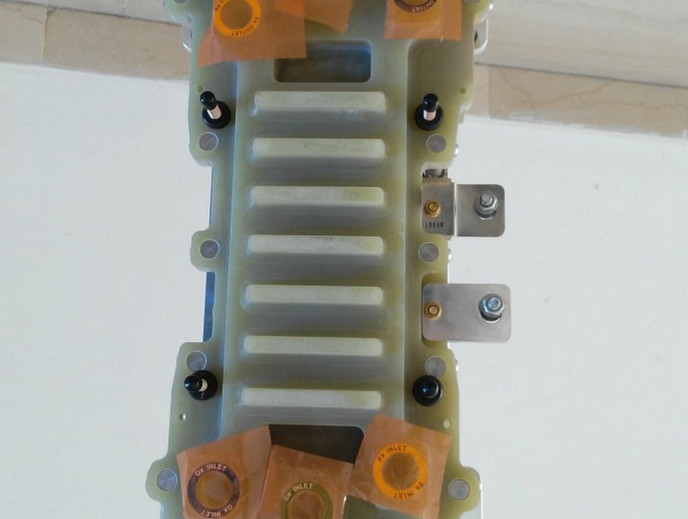Leading the charge in developing environmentally-friendly natural gas powered vehicle engines
For reasons of sustainability and environmental longevity, Europe’s transportation systems must become significantly more efficient in the coming decades. Many advances will come from evolving design, through improved aerodynamics and weight reduction. Yet fuel use and efficiency will be paramount. Low-carbon fuels such as natural gas (methane) will be fundamental to the move towards a decarbonised transportation sector, a target in Europe for 2050. The Horizon 2020-funded GasOn project has been – and will continue to be – a cornerstone of this effort, developing advanced engines capable of using more environmentally-friendly fuel sources. Specifically, the aim is to create technologies dedicated to https://www.sciencedirect.com/topics/engineering/compressed-natural-gas (compressed natural gas) -only (CNG) engines/vehicles, cleaner than the current state-of-the-art in CNG vehicles and able to travel long distances. “CNG is intrinsically clean, showing the lowest carbon content thanks to its chemical and physical features,” says Dr Massimo Ferrera, coordinator of the GasOn project from 2015 to 2019. Burning CNG produces 20 % less greenhouse gas compared to gasoline, doesn’t need a filter to mitigate particle matter and is cheaper than other fuels. Natural gas can come from fossil exploration (giving a CO2 reduction of 25 %), biomass digestion (a process almost CO2-free), and power-to-gas technology, which is almost carbon-neutral and uses land more efficiently than any other bio-fuel. Driving into a greener, more efficient future In the past, powertrains (the power-producing system within vehicles) that ran on CNG performed poorly and didn’t fully exploit fuel efficiency because they were repurposed gasoline engines running on natural gas. The GasOn project created three engine platforms specifically developed to incorporate CNG, adopting various innovative technologies to remove previous inefficiencies. The engines weren’t designed completely new but were rather repurposed and customised gasoline engines complete with several technologies designed to maximise the benefits of CNG. These included a combustion technology which reduces pollutants, a customised boosting system for improved performance, and innovative ignition systems to maximise engine efficiency and minimise fuel consumption. Witness tests courtesy of the EU JRC(opens in new window) in Ispra confirmed GasOn’s engines were able to produce 20 % fewer CO2 emissions compared to the best in class CNG vehicles, whilst drastically reducing particulate matter emissions – without any filter. “The technologies developed are fully compatible with renewable methane and show a lower total cost of ownership compared with conventional and electrified propulsions,” says Dr Ferrera. He believes the GasOn technologies and results (increased range, gasoline-like performance, EU emission compliance and lower fuel consumption) can lead to further market penetration of clean vehicles, attracting new customers when supported by appropriate incentives and sufficient CNG station infrastructures. “The applicability of GasOn technologies to CNG products for the European market as well as markets abroad will strengthen the competitiveness and growth of European companies,” Dr Ferrera says. Powering Europe to the forefront Dr Ferrera is hoping policy will catch up to the level of innovation: “A new deal has to be considered for energy and fuels in the transportation sector. The greenhouse gas reduction effect of renewable methane is not considered by the European legislation.” The GasOn consortium is planning to introduce CNG passenger cars onto the market within the next few years. “Developing new CNG technologies will help to increase the acceptance of gas vehicles. Europe can come out as the leading driver for automotive CNG/methane technologies,” concludes Dr Ferrera.







